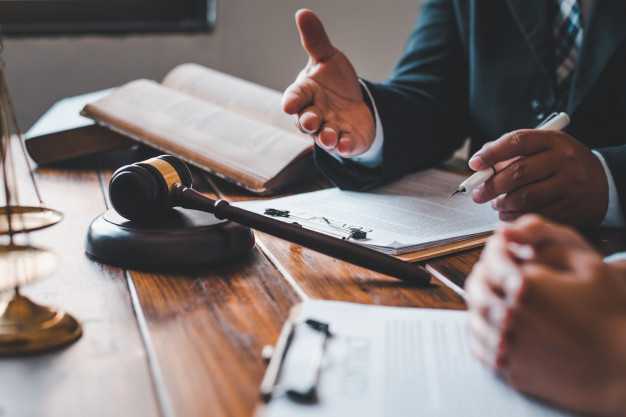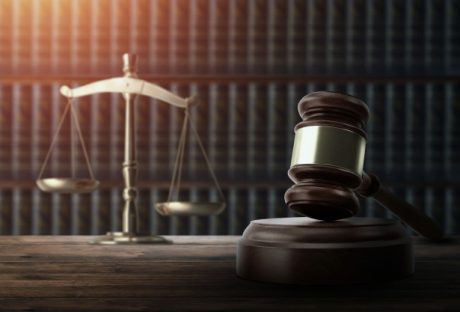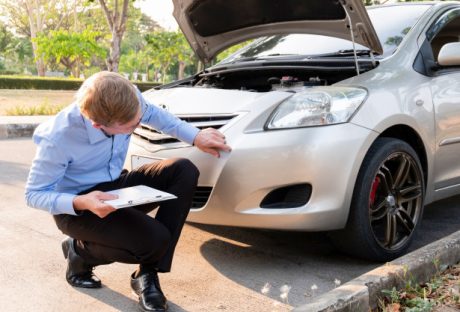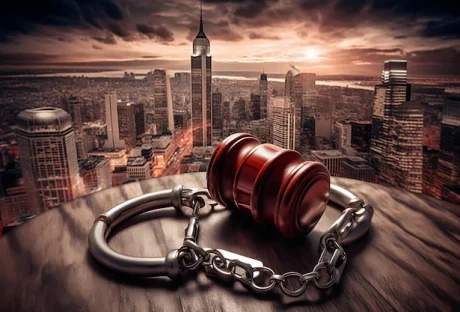Working in law is not an easy endeavor. Multiple roles and designations keep this sector afloat. While lawyers and judges are primarily associated with law, you can’t ignore the importance of paralegals and legal assistants who ensure that the court system can do its job. Even though you are working for a lawyer as an assistant and paralegal, these are not the same job professions. Here’s how both career paths differentiate from each other:
What Do They Do?
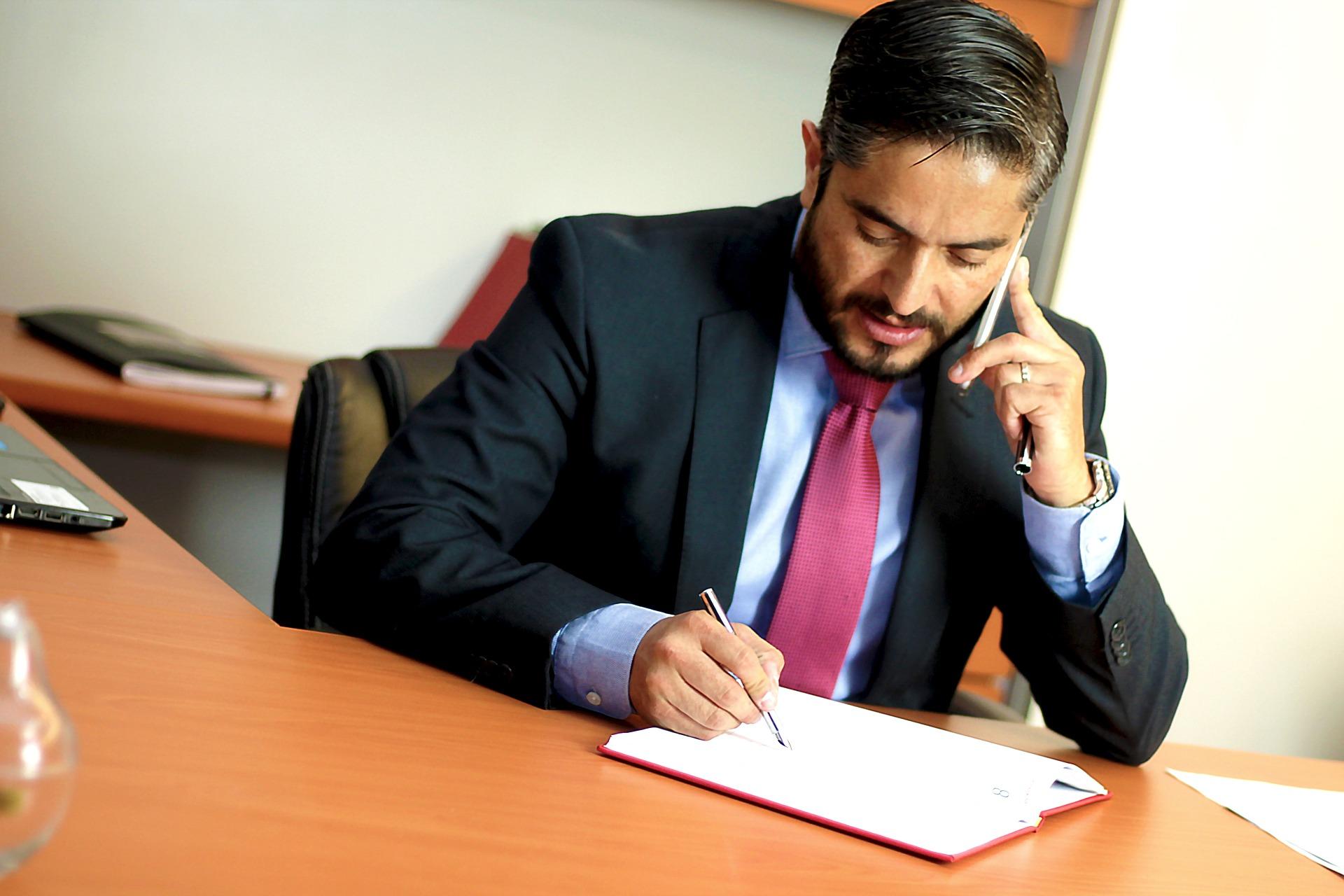
Understanding what their jobs entail is an excellent place to start to build your knowledge on what a paralegal does compare to a legal assistant, and here’s how:
Paralegal:
As a paralegal, you are helping a lawyer with their cases. That means you conduct all relevant research work on laws and draft legal documents with the best supporting evidence for a lawyer to be used in court.
They also assist a lawyer prepare trail reports and file appeals with the opposing counsel. Since paralegals also specialize in criminal law, real estate law, and immigration policies, they have the legal rights to bill clients for their work. However, legal assistants cannot do the same.
Legal Assistants:
As a legal assistant, your job is more on the administrative side than regular work. You will help a lawyer prepare legal documents such as subpoenas and take their phone calls for them.
You’re also critical in reminding the lawyer about their court appearances and helping them schedule their appointments and workload. You will also be vital in greeting clients and ensuring all emails get a response. Your work will include organizing all the relevant paperwork a lawyer may need, such as statements and evidence, and file them appropriately. Finally, you prepare bills for a lawyer’s clients, but you cannot bill them for your services.
However, suppose you wish to try your hand as in law and work your way from a paralegal to an independent lawyer. In that case, there are many exciting and well-structured online programs for you, such as an online criminal justice degree. This degree is not only the first stepping stone into your promising career. Still, it provides you with the necessary resources to do well as a legal practitioner.
Where Do These Fields Differ?
When you are aware of what a legal assistant’s and a paralegal’s job entails, it is easy to dive deeper and study their differences more comprehensively:
1. Skills:
As a paralegal, you may find yourself sharing certain skill sets with a legal assistant. However, since your job requires you to work within the legal framework, you should know how to take legal actions known as litigation charges organization breach of contract. You will need to know how to use Microsoft Office or any equivalent word processor to prepare your documents. Also, learn how to compile a proper document that follows standard documentation format. You will need to know how to carry out research and make use of the evidence you have.
You will need to schedule meetings and remind the lawyer to attend all-important court appearances and meetings. You should know the basic law framework and know-how to enter all relevant data.
2. Experience:
Most law firms ask for paralegals who have some experience of working in law. Most ask for at least a minimum of three to five years of work experience. Suppose you go with only entry-level expertise with no experience to only two years of experience. Chances are you may not get a job as a paralegal and given the competition in this sector alone. You trim down your options further if you don’t take advantage of every opportunity before applying for a job.
As a legal assistant, your job experience is not under heavy scrutiny. Whether you’re new to the job or have been working for a while, you can quickly secure a job yourself. It is not unheard of for paralegals to start as legal assistants and interns before applying for higher employment opportunities till they’re eligible to work as a paralegal.
3. Salary:
According to the Bureau of Labor Statistics, most paralegals can earn $49,500, while a legal assistant can earn $44,180. However, these wages can go higher, and in 2019, they had crossed the $50,000th mark. Your salaries mainly depend on your employer. If you choose to work in a private setting than a non-profit, you have higher chances of earning more.
4. Education:
As a paralegal, you will need to have solid formal education to find employment. You will need to attend a bachelor’s program in legal studies or paralegal studies. Then appear for your examinations. You will also need to intern while you study. And getting work right after your bachelor’s may become problematic if you choose to skip out on all opportunities and directly apply to a law firm.
As a legal assistant, you may need to look into a bachelor’s degree and get a certificate in paralegal studies. However, you may start your job right away after you graduate as a legal assistant. You don’t need to do many internships, but it helps to walk in with some experience.
Wrap Up:
If you are looking for a law career, becoming a paralegal or a legal assistant is a good start. These two professions are just as important as the lawyer itself. Without the proper help, a lawyer may struggle in staying on top of their cases and not know how to make compelling cases. As a paralegal, your job will be working with the lawyer and their clients, especially for the legal system. As a legal assistant, you will make sure all appointments happen on time. All relevant documents are in the system.
Clear Career Path Advice
One area missing in this debate is clear advice on which path might be best for you. While the differences between a paralegal and a legal assistant are outlined, it’s important to help you figure out which role fits your skills and interests.
If you prefer administrative work, becoming a legal assistant may be more appealing.
However, if you love doing legal research and working directly with clients, the paralegal route might be a better fit. So, reflect on what you enjoy most!
Day-to-Day Tasks
It would also help to include more real-life examples of what a typical day looks like for both roles.
For instance, a legal assistant might start the day answering calls and organizing files, while a paralegal could be deep in legal research for an upcoming trial.
This way, you can get a clearer idea of what your day-to-day might look like in either role.
Future Career Growth
Another missing point is career growth opportunities for both positions. Where could these roles take you in the future?
As a legal assistant, you might eventually become a paralegal, and as a paralegal, you could decide to go to law school and become a lawyer. These roles could be stepping stones to bigger career opportunities if you want to advance further in the legal field.
You do not have to be stuck in either of the positions!
Read Also:
- Keys to Become a Successful Lawyer
- 5 Top Tips to Help You Hire The Perfect Attorney













